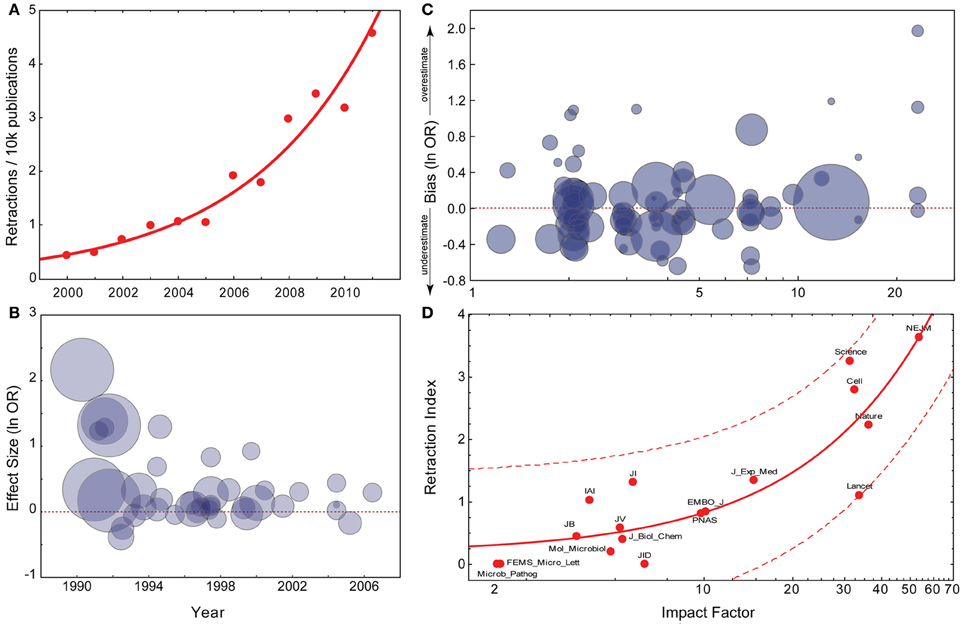There have been repeated online discussions about my suggestion to libraries that now would be an excellent time to start cancelling subscriptions. Prime counter-argument is that librarians risked their jobs or at least face faculty backlash if they did that. Personally, I have witnessed many such cancellations and there has never been a riot or even a librarian reprimanded, let alone fired.
Thinking more generally about the “Recursive Fury” debacle, something struck me as somewhat of an eye opener: the lack of support for the authors by Frontiers and the demonstrative support by their institution, UWA (posting the retracted article). Even though this might be the first time a scholarly journal caved in to legal pressure from anti-science groups, it should perhaps come as no surprise.
The recent call for a GlamMag boycott by Nobel laureate Randy Shekman made a lot of headlines, but will likely have no effect whatsoever. For one, the call for boycott isn’t even close in scale to “the cost of knowledge” boycott against Elsevier and even that drew less than 15,000 measly signatures, a drop in the bucket with 970,000 board members, reviewers and authors working for Elsevier largely for free.

I’ve just been invited to edit a special issue in the MDPI journal ‘publications‘ on a topic I can specify. If I do it, I thought it should revolve around replacing journal rank (i.e., altmetrics, ALM, etc.) and other (technical?) means to transcend a journal-based literature towards a coherent knowledge-dissemination infrastructure that incorporates of course text, but also software and data.
During my flyfishing vacation last year, pretty much nothing was happening on this blog. Now that I’ve migrated the blog to WordPress, I can actually schedule posts to appear when in fact I’m not even at the computer. I’m using this functionality to re-blog a few posts from the archives during the month of august while I’m away.
During my flyfishing vacation last year, pretty much nothing was happening on this blog. Now that I’ve migrated the blog to WordPress, I can actually schedule posts to appear when in fact I’m not even at the computer. I’m using this functionality to re-blog a few posts from the archives during the month of august while I’m away.

This post was originally published on the London School of Economics “Impact of Social Sciences” blog, on July 30, 2013: In various fields of scholarship, scholars accrue reputation via the proxy of the containers they publish their articles in. In most if not all fields, scholarly journals are ranked in a hierarchy of prestige.
You’d be forgiven if after reading the title of this post, you thought scholars have started to revolt against journal rank. Unfortunately, while there is DORA and of course the evidence that journal rank is like homeopathy, most researchers are still fine with ex-scientists rejecting 92% of all submitted articles and charging a grand sum of more than US$30,000 per article that they select on a whim.
This is a slightly edited (amended, essentially) version of my article published today at The Conversation. In cases where a problem within a community is detected and collective action is required to address the problem. one needs to strike a fine line or any efforts to convince the community that action is required will fail.
The recently released development draft for SHared Access Research Ecosystem (SHARE), authored by the Association of American Universities (AAU), the Association of Public and Land-grant Universities (APLU) and the Association of Research Libraries (ARL) in response to the OSTP memo on public access to federally funded research in the US sounds a lot like the library-based publishing system I’ve been perpetually arguing for.